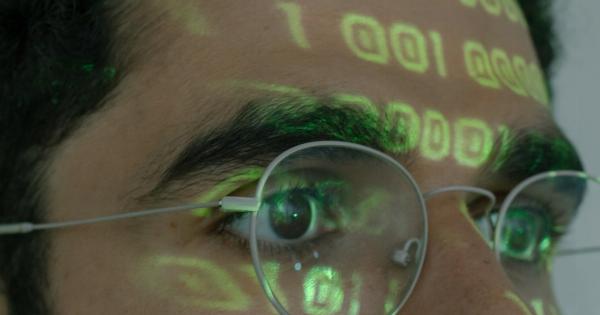Macular degeneration is a common eye condition that affects many people, especially those who are aging. It is a leading cause of blindness in older adults.
In this article, we will discuss what macular degeneration is, its causes, symptoms, treatments, and prevention.
What is Macular Degeneration?
Macular degeneration is a disease that affects the macula, the part of the retina responsible for sharp and clear central vision. It is a progressive disease that can lead to vision loss in one or both eyes.
There are two types of macular degeneration: dry and wet.
Dry macular degeneration is the most common type and is characterized by the thinning of the macula. It leads to the gradual loss of central vision over time. Wet macular degeneration, on the other hand, is less common but more severe.
It occurs when new abnormal blood vessels grow underneath the retina and leak fluid, causing damage to the macula.
Causes of Macular Degeneration
The exact cause of macular degeneration is unknown, but it has been linked to several risk factors, including:.
- Age – macular degeneration is more common in people over 50 years old
- Family history of the disease
- Smoking
- Obesity
- High blood pressure
- Cardiovascular disease
- Exposure to UV light
Symptoms of Macular Degeneration
The early stages of macular degeneration may be asymptomatic and go unnoticed. However, as the disease progresses, the following symptoms may occur:.
- Blurred or distorted central vision
- Dark or empty areas in the central vision
- Difficulty reading or recognizing faces
- Decreased color perception
- Sensitivity to bright light
Treatments for Macular Degeneration
There is no cure for macular degeneration, but there are several treatment options that can slow or stop the progression of the disease. The type of treatment depends on the type and severity of macular degeneration.
Dry macular degeneration can be managed through lifestyle changes, such as quitting smoking, maintaining a healthy weight, and eating a balanced diet rich in antioxidants.
Additionally, supplements may also be recommended, such as vitamins C, E, and zinc.
Wet macular degeneration may require more invasive treatments, such as injections of anti-VEGF drugs into the eye to block the growth of abnormal blood vessels. Photodynamic therapy and laser surgery may also be used to seal off leaking blood vessels.
Prevention of Macular Degeneration
Although macular degeneration is not completely preventable, there are several measures that can be taken to reduce the risk of developing the disease. These include:.
- Eating a healthy diet rich in fruits and vegetables
- Quitting smoking
- Maintaining a healthy weight
- Wearing sunglasses to protect against UV light
- Maintaining normal blood pressure and cholesterol levels
- Getting regular eye exams
Conclusion
Macular degeneration is a common eye disease that can lead to severe vision loss if left untreated. Although there is no cure for the disease, there are several treatment options available to slow or stop its progression.
Furthermore, lifestyle changes and preventative measures can be taken to reduce the risk of developing macular degeneration. If you are experiencing any symptoms of macular degeneration, it is important to consult with an eye doctor right away for proper diagnosis and treatment.


























